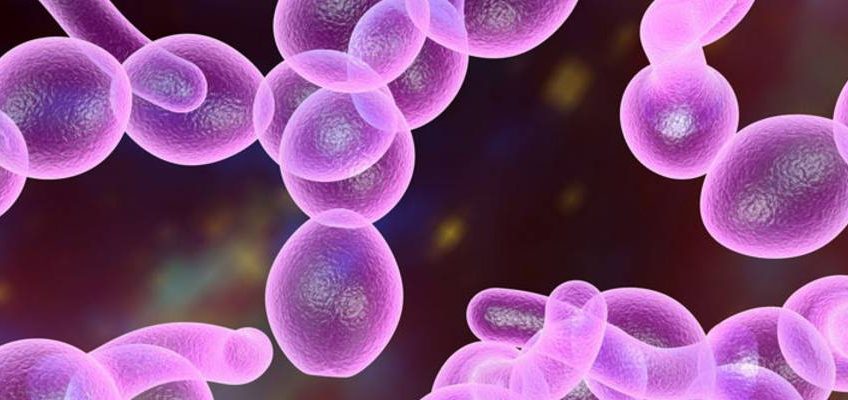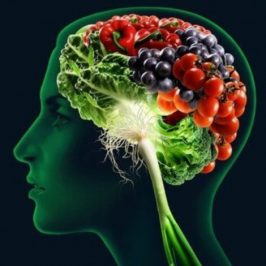Our human bodies are in a constant state of symbiotic balance between good and bad organisms. We have over 10 trillion organisms that live in our bowel called the microbiome. This is 10 times the number of cells in our body.
This microbiome works well and keeps our immune system functioning when kept in balance but when the immune system is compromised by stress, antibiotics or a diseased state or the environment in the gut changes and encourages the growth of the bad organisms it can seriously affect our health.
A common consequence of the microbiome becoming imbalanced is an increase in the numbers of a yeast organism called candida. Candida infections can affect many different organs in our body. It can present as vaginal thrush causing an itch and white cottage cheese like discharge, a red dry patchy skin rash that can also itch or be mistaken for eczema and can affect the mouth causing dryness and discomfort.
For some women recurrent vaginal thrush can destroy their lives, not only causing distressing symptoms but can affect their personal life. There are many over the counter antifungal creams and oral therapies that are sometimes effective but for some people the type of candida organism they have is resistant to these therapies or they continue to recur even after what seems to be successful treatment.
The treatment of recurrent candida infections requires improving the function of the immune system against the yeast organism and in improving the environment in the gastrointestinal system. Nutrients such as zinc and Vitamin C are crucial for the immune system to function adequately. The immune system can also become compromised by exposure to chemicals and heavy metals in our environment so it is important to look at lifestyle factors and if relevant remove exposure and build up of toxins within our systems. Methylation involves complex biochemical pathways that help manage inflammation and detoxification. If inefficient it can put some people at higher risk of suffering from recurring infections and may need to be managed in some cases.
Candida is an opportunistic organism which means that it will take advantage of the conditions if it can. Like food becoming mouldy candida will live off undigested food in our gut so enhancing our digestion (which can become less efficient at times of stress) can be very beneficial. Taking apple cider vinegar or a digestive enzyme with meals can assist with this.
There has been much written about the benefits of probiotics in treating candida. Some specific probiotics that can help rebalance the microbiome in the case of candida over growth are Sacchromyces Boulardii and Lactobacilli rhamnosus and reuteri organisms. Taking liquid fermented papaya probiotics can help provide both probiotics and digestive enzyme support together.
It may be beneficial to have your practitioner order a complete digestive stool analysis through a lab that can analyse all organisms colonising your gut both good and bad. I find that often in recurrent candida the reason the candida is present is secondary to a bacterial imbalance in the gut and the candida wont resolve until the primary bacterial imbalance is treated.
If simple measures above fail to treat recurrent candida it is important to see your health practitioner for further investigations as there may be other health conditions encouraging candida overgrowth such as diabetes or a serious immuno deficient condition.










